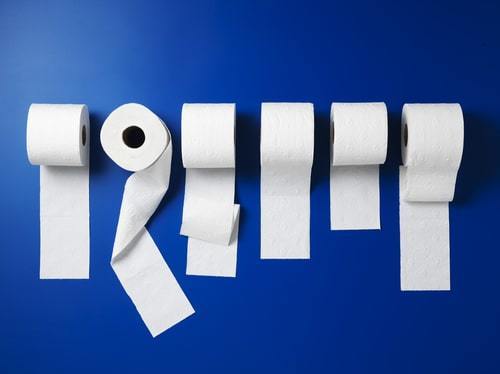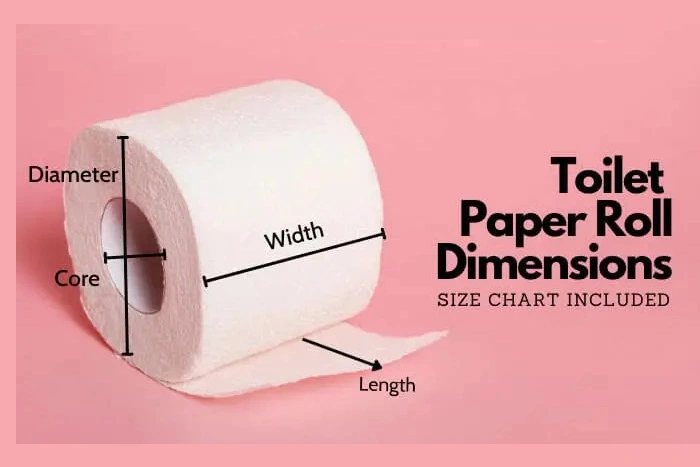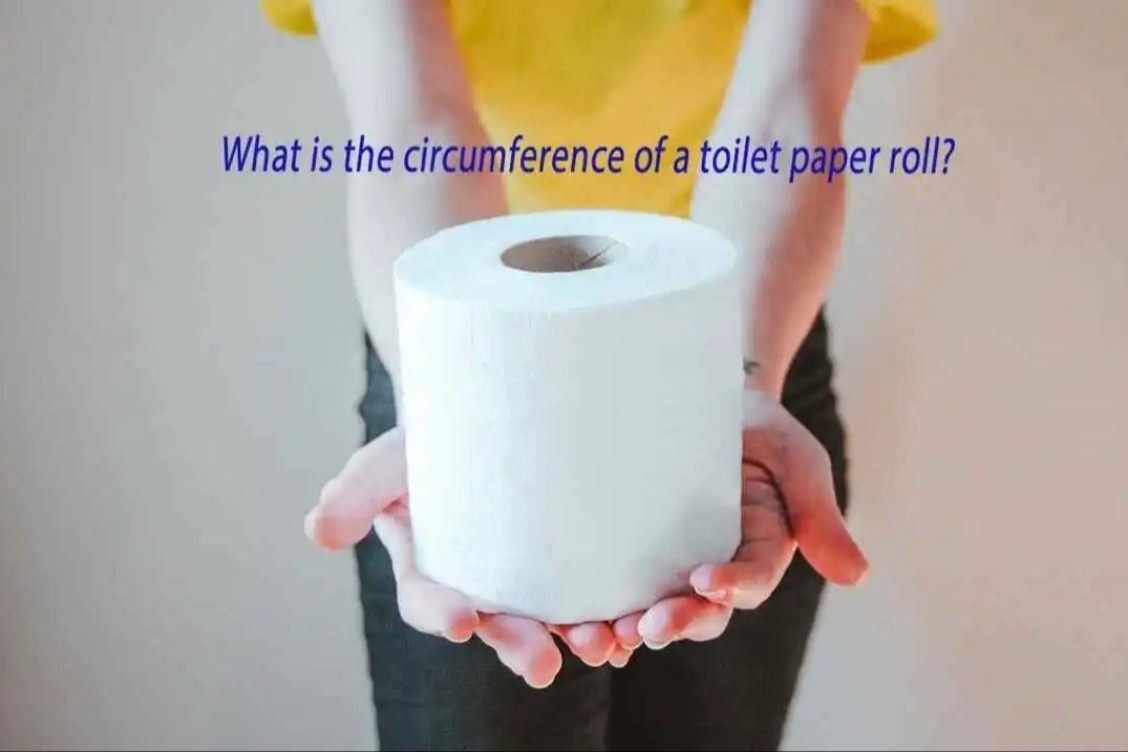Toilet paper is a household essential that most people don’t give much thought to. However, the production of toilet paper has a significant impact on the environment. In recent years, there has been a growing movement towards using sustainable toilet paper, but many manufacturers still rely on virgin materials. In this article, we will explore the environmental impact of virgin toilet paper manufacturers and the importance of switching to sustainable alternatives.
Deforestation

by Karsten Winegeart (https://unsplash.com/@karsten116)
One of the main environmental impacts of virgin toilet paper manufacturers is deforestation. The production of toilet paper requires large amounts of wood pulp, which is obtained from cutting down trees. This not only contributes to deforestation but also disrupts natural habitats and can lead to the extinction of certain species. In fact, it is estimated that 27,000 trees are cut down every day to produce toilet paper for the US alone.
Water and Energy Consumption for Virgin Toilet Paper Manufacturers
The production of virgin toilet paper also requires significant amounts of water and energy. The process of turning wood pulp into toilet paper involves multiple stages, including pulping, bleaching, and drying. Each of these stages requires large amounts of water and energy, contributing to the depletion of natural resources and the emission of greenhouse gases.
Chemicals and Pollution
In addition to water and energy consumption, the production of virgin toilet paper also involves the use of chemicals. These chemicals, such as chlorine and bleach, can be harmful to both the environment and human health. They can also contribute to water pollution and the destruction of aquatic ecosystems.
Sustainable Alternatives
by Kelly Sikkema (https://unsplash.com/@kellysikkema)
Fortunately, there are sustainable alternatives to virgin toilet paper that can help reduce the environmental impact of toilet paper production. These alternatives include recycled toilet paper, bamboo toilet paper, and even toilet paper made from agricultural waste. These options use less water and energy, produce fewer emissions, and do not contribute to deforestation.
The Importance of Switching to Sustainable Toilet Paper
Switching to sustainable toilet paper is not only beneficial for the environment but also for our health. The chemicals used in the production of virgin toilet paper can be harmful to our bodies, and using sustainable alternatives can help reduce our exposure to these chemicals. Additionally, by supporting sustainable toilet paper manufacturers, we can help drive the demand for more environmentally friendly practices in the industry.
Sustainable Alternatives to Virgin Toilet Paper
Recycled Toilet Paper
- Recycled toilet paper is made from post-consumer waste paper, reducing the demand for virgin pulp.
- By choosing recycled toilet paper, consumers can help reduce deforestation and conserve natural resources.
Bamboo Toilet Paper
- Bamboo is a fast-growing plant that can be sustainably harvested for toilet paper production.
- Bamboo toilet paper is softer and more absorbent than recycled toilet paper, making it a popular alternative for Virgin Toilet Paper Manufacturers.
Bidets and Waterless Toilet Systems
- Bidets and waterless toilet systems eliminate the need for toilet paper altogether.
- These systems use water or air to clean, reducing the environmental impact associated with toilet paper production and disposal.
Conclusion
The environmental impact of virgin toilet paper manufacturers is significant and cannot be ignored. However, by choosing sustainable alternatives such as recycled toilet paper, bamboo toilet paper, or bidets and waterless toilet systems, individuals can make a positive impact on the environment. It is important for consumers to be aware of the choices they make and consider the long-term consequences of their actions. Together, we can work towards a more sustainable future and reduce the environmental footprint of the toilet paper industry.







